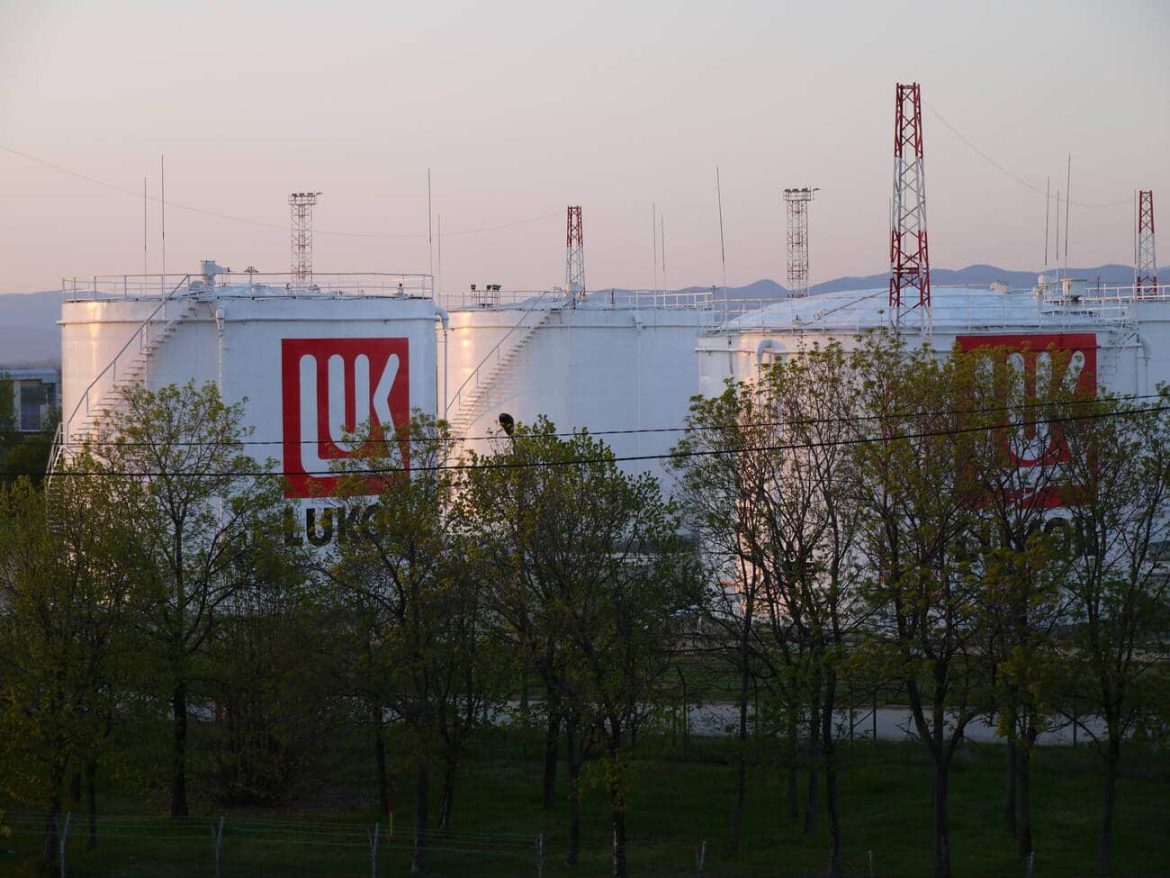Russia’s Lukoil has announced plans to sell its international assets after the United States and other governments imposed new sanctions on the company and several of its subsidiaries.
In a brief statement on 27 October, the oil producer said it had begun considering bids from prospective purchasers and would conduct any disposals under a US Treasury licence designed to permit an orderly wind-down of sanctioned activities. The company added that it may seek an extension of that licence to ensure its overseas operations continue to run until transactions are completed.
The announcement follows measures unveiled by Washington on 22 October designating Lukoil and Rosneft as Specially Designated Nationals, effectively barring US persons from dealings with them and freezing any property subject to US jurisdiction. Alongside the designations, the US Treasury’s Office of Foreign Assets Control (OFAC) issued a set of general licences allowing limited wind-down, divestment and specified activities for a time-limited period, including a licence covering certain transactions involving Lukoil retail service stations outside Russia.
In its note, Lukoil did not list the assets earmarked for disposal, nor did it set a timetable. The group’s most prominent foreign holdings include refining and retail operations in south-eastern Europe, notably the 190,000 barrels-per-day Neftochim Burgas refinery in Bulgaria and the Petrotel refinery at Ploiești in Romania, together with filling-station networks and associated logistics. Both sites have been the subject of heightened political and regulatory scrutiny since 2022, and Bulgaria last week said it was preparing measures to manage the impact of US sanctions on the Burgas complex and its fuel supply chain.
The UK has also tightened measures against Russia’s energy sector this month. A House of Lords Library briefing on 27 October noted that the Government announced 90 new sanctions on 15 October targeting Rosneft and Lukoil, among others. EU member states have separately advanced further restrictions within their next Russia package, alongside national actions in countries hosting Lukoil assets.
The scope of OFAC’s general licences is significant to the disposal process. Licences issued on 22 October authorise the wind-down of transactions involving Rosneft or Lukoil; permit certain dealings related to their debt, equity, or derivatives; and allow specified activity involving Lukoil-branded retail stations outside Russia. These authorisations are intended to facilitate the orderly exit of counterparties and the transfer or cessation of operations without immediate disruption to local markets. Law-firm advisories summarised the measures as permitting divestments while warning companies to reassess any remaining exposure.
Lukoil has previously explored options for its Bulgarian operations, including potential buyers for the Burgas refinery. Earlier this year, reports pointed to interest from several regional companies, while local authorities examined contingency plans to maintain fuel supply in the event of a change of ownership.
In January, Bulgarian officials said Lukoil was seeking about $2bn for Burgas. Valuations are likely to have shifted since then, reflecting tighter sanctions and changes in refinery margins.


